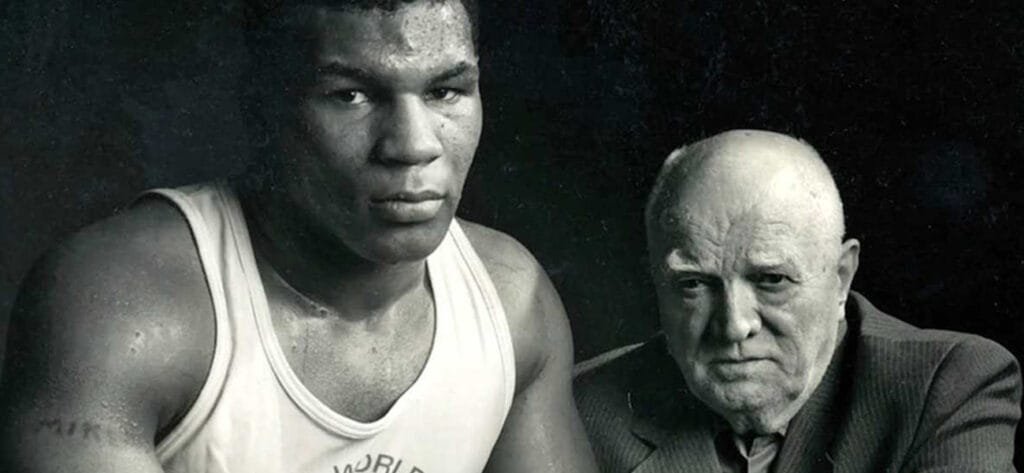Not sure where to start?
Try the Personal Concerns Inventory (PCI) to clarify what to focus on, or start with Relaxation Therapy for guided meditation.
Try the Personal Concerns Inventory (PCI) to clarify what to focus on, or start with Relaxation Therapy for guided meditation.

When you walk into the world each day, are you alert and aware—or simply fearful? Do you have a plan if something goes wrong? Are you scared… or are you learning how to manage fear and take focused action?
Fear is often labeled as a negative emotion. This makes sense—it’s usually linked to threats, danger, and discomfort. But fear is more complex than that. In fact, fear can be an essential part of growth, preparation, and high performance.
Let’s take a closer look.
Early in my career, I spent time with a world-famous athlete who had never lost in his sport. Let’s call him Joe. One night over dinner, Joe shared something surprising. Despite his confidence and mastery, he said, “I fear getting married.”
Even someone at the top of his game wasn’t immune to fear. But rather than undermining his performance, that fear became fuel.

Joe wasn’t alone in this belief. Cus D’Amato, legendary trainer of Mike Tyson, once said that fear, anxiety, and high emotional arousal are not weaknesses. They’re vital tools in high-stakes performance.
In competitive settings—boxing, wrestling, tennis, even high-pressure conversations—fear creates sharp focus, energy, and urgency. It primes us to win.
Fear activates the fight-or-flight response, giving us a burst of readiness in the face of danger. But that power isn’t just instinctual—it’s trained.
Preparation, practice, and skill development are what allow fear to serve us rather than paralyze us. In boxing, for example, training allows the athlete to stay in control even under extreme stress.
But what about everyday fear?
In daily life, we don’t face punches—but we do face risks: starting a relationship, changing careers, dealing with uncertainty. While these aren’t literal fights, they can still trigger the same stress response.
That’s why we need mental and emotional survival skills. Training for life means preparing for discomfort, staying grounded under pressure, and staying flexible, focused, and aware.
At the heart of the Mulry Method is the In The Zone Skills Training, which teaches you how to be Relaxed, Balanced, Flexible, and Focused—skills that apply at work, at home, and in moments of stress.
Whether you’re writing code, giving a presentation, or facing a fear of failure, these skills support your ability to act—not react.
👉 Learn more about the Mulry Method Skills Training
Fear is “an unpleasant emotion caused by the belief that someone or something is dangerous, likely to cause pain, or a threat.”
Biologically, fear activates the amygdala and hypothalamus, flooding the body with cortisol and adrenaline. Blood rushes to your limbs, your breathing quickens, and your awareness sharpens.
This reaction is essential when we need to take action—but it can become harmful when it spirals out of control.
The most powerful antidote to fear is education.
When we ignore or avoid learning about danger, we become vulnerable. Instead, we must learn about the world, assess risks realistically, and take meaningful action. Watching sensationalized news or doom-scrolling through fear-based content creates a feedback loop of helplessness.
We reportedly think around 50,000 thoughts per day. If most of them are fearful or negative, we create a threatened life—a mind that is always on edge.
When fear-based thoughts dominate your mind, they become the foundation for a life defined by anxiety and withdrawal.
Aside from innate fears like falling or loud noises, most fear is learned. It’s passed down through stories, reinforced by experience, and amplified by media.
Left unchecked, these fears can lead to anxiety, avoidance, emotional shutdown, and even physical symptoms. Without intervention, we can become locked in learned helplessness—a state that blocks us from meaningful growth or connection.
The Mulry Method uses a science-backed approach to managing and transforming fear. It combines:
Expectancy shapes our mindset. Neuroception shapes our body’s reaction. With training, both can be managed for better outcomes.
👉 Read our overview of Julian Rotter’s Social Learning Theory (SLT)
👉 Explore how Polyvagal Theory fits into the Mulry Method
Fear isn’t just something to overcome. It’s something to understand, channel, and use.
When you know how to manage fear, you gain more control over how you respond to stress and uncertainty.
By combining deep psychological insights with the practical tools of In The Zone Skills Training, you’ll build the mindset and skills needed to:
Learn how to manage fear with the Mulry Method, a complete framework for personal mastery. Whether you’re looking to improve performance, reduce anxiety, or respond better to life’s challenges, our tools help you move from fear to focus.